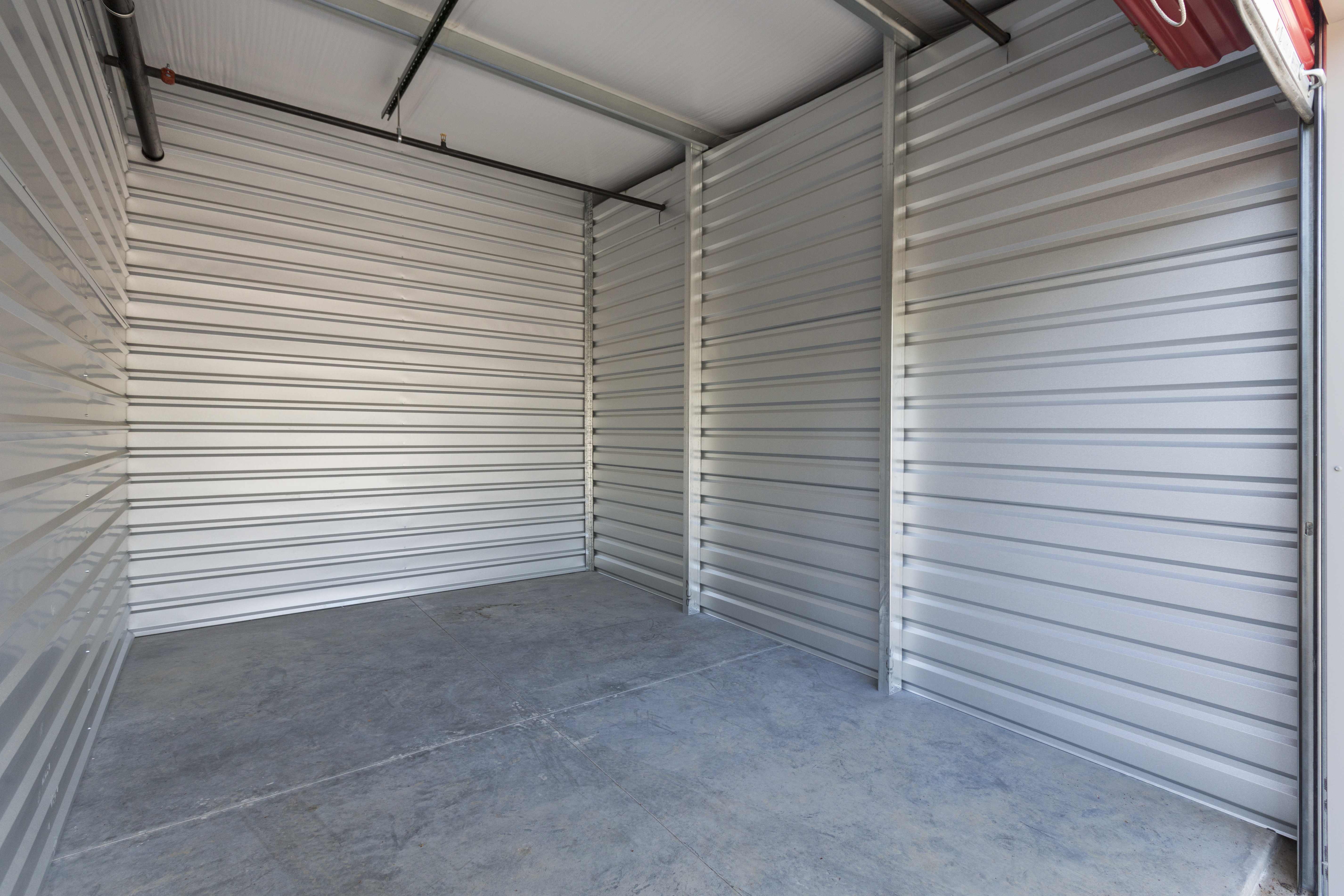Key Features of Durable and Cost-Effective Floor Coatings
When selecting flooring solutions for residential or commercial spaces, understanding the characteristics of durable floor coatings can significantly impact both immediate costs and long-term maintenance expenses. These specialized coating systems offer enhanced protection, aesthetic appeal, and exceptional longevity compared to traditional flooring options. Whether you're renovating a garage, warehouse, or retail space, investing in quality floor coatings provides substantial value through reduced replacement frequency and minimal upkeep requirements.

What Makes Durable Floor Coatings Superior?
Durable floor coatings distinguish themselves through advanced chemical formulations that create resilient surface barriers. Epoxy-based coatings, polyurethane systems, and hybrid polymer blends form molecular bonds with concrete substrates, creating surfaces that withstand heavy traffic, chemical spills, and mechanical wear. These coatings typically feature multi-layer applications including primer, base coat, and topcoat systems that work synergistically to maximize durability.
The superior performance stems from engineered properties like high compressive strength, excellent adhesion characteristics, and resistance to abrasion. Professional-grade coatings often incorporate additives such as silica sand or aluminum oxide particles that enhance slip resistance and impact tolerance. This comprehensive protection extends floor life significantly beyond untreated concrete or basic paint applications.
Cost-Effective Flooring Options for Every Budget
Smart property owners recognize that cost-effective flooring options extend beyond initial installation expenses. Quality floor coatings deliver exceptional value through reduced lifecycle costs, encompassing maintenance, repairs, and eventual replacement needs. Standard concrete floors require frequent sealing, patching, and deep cleaning, while properly installed coating systems maintain their appearance and functionality with routine mopping and occasional recoating.
Budget-conscious consumers can choose from various coating types aligned with their specific requirements and financial constraints. Water-based epoxies offer affordable entry points for light-duty applications, while 100% solids epoxy systems provide maximum durability for demanding environments. Polyaspartic coatings, though initially more expensive, cure rapidly and allow faster project completion, reducing labor costs and facility downtime.
Benefits of Long-Lasting Floor Coatings
The benefits of long-lasting floor coatings extend across multiple dimensions of property management and operational efficiency. These systems create seamless, non-porous surfaces that resist staining, facilitate easy cleaning, and eliminate dust generation associated with bare concrete. The improved hygiene characteristics make coated floors ideal for food service, healthcare, and manufacturing environments where cleanliness standards are paramount.
Enhanced safety represents another significant advantage, as modern coatings incorporate slip-resistant textures and can accommodate safety striping or demarcation lines. The chemical resistance properties protect against automotive fluids, industrial solvents, and cleaning chemicals that would otherwise damage untreated surfaces. Additionally, reflective properties of many coating systems improve lighting efficiency and create brighter, more welcoming spaces.
| Coating Type | Provider | Cost per Square Foot | Durability Rating |
|---|---|---|---|
| Water-Based Epoxy | Rust-Mort/SEM | $2-4 | 5-8 years |
| 100% Solids Epoxy | Sherwin-Williams | $4-8 | 10-15 years |
| Polyurethane System | Benjamin Moore | $6-10 | 15-20 years |
| Polyaspartic Coating | PPG Industries | $8-12 | 15-25 years |
Prices, rates, or cost estimates mentioned in this article are based on the latest available information but may change over time. Independent research is advised before making financial decisions.
Installation Considerations and Surface Preparation
Successful floor coating installation depends heavily on proper surface preparation and environmental conditions during application. Concrete surfaces require thorough cleaning, crack repair, and often mechanical preparation through grinding or shot blasting to achieve optimal adhesion. Moisture testing ensures substrate readiness, as excessive moisture content can cause coating failure and delamination.
Professional installation teams utilize specialized equipment for surface preparation and coating application, ensuring uniform thickness and proper curing conditions. Temperature and humidity control during installation periods affects final coating properties, making climate-controlled environments or seasonal timing considerations important for optimal results. Quality installations typically include detailed surface profiling, primer application when required, and multi-coat systems applied according to manufacturer specifications.
Maintenance Requirements and Long-Term Performance
Properly installed durable floor coatings require minimal maintenance while delivering decades of reliable performance. Regular cleaning with pH-neutral detergents preserves coating integrity, while periodic inspection identifies any areas requiring touch-up or repair. High-traffic zones may show wear patterns over time, but localized recoating can restore appearance and protection without full system replacement.
Long-term performance optimization involves understanding the specific coating chemistry and following manufacturer recommendations for cleaning products and procedures. Avoiding harsh chemicals, using appropriate floor mats at entrances, and addressing spills promptly help maximize coating lifespan. Many commercial facilities implement preventive maintenance schedules that include annual inspections and minor repairs to maintain optimal floor conditions.
Quality floor coatings represent smart investments that balance initial costs with long-term value through durability, low maintenance requirements, and enhanced functionality. By understanding the key features and benefits of various coating systems, property owners can make informed decisions that provide lasting satisfaction and operational efficiency. Professional installation and proper maintenance ensure these advanced flooring solutions deliver maximum return on investment while creating attractive, functional spaces that withstand the demands of modern use.




